Launch kids’ code into space with the European Astro Pi Challenge 2023/24
Throughout this year, space agencies have been embarking on new missions to explore our solar system, and young people can get involved too through the European Astro Pi Challenge 2023/24, which we’re launching today.
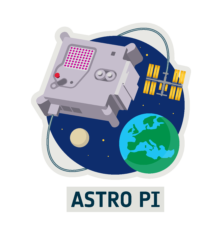
Kids’ code in space with the Astro Pi Challenge
In the past few months India’s Chandrayaan-3 mission landed near the Moon’s south pole, NASA’s Parker Solar Probe flew by Venus on its way to the sun, and the SpaceX Crew-7 launched to the International Space Station (ISS), led by ESA astronaut Andreas Mogensen. We’re especially excited about Andreas’ mission because he’s the astronaut who will help to run young people’s Astro Pi programs on board the ISS this year.
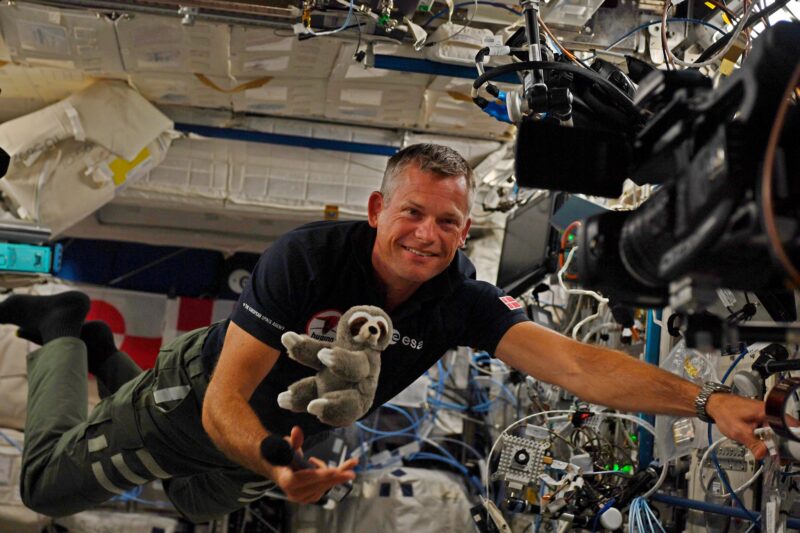
As you may know, the European Astro Pi Challenge gives young people the amazing opportunity to conduct scientific experiments in space by writing computer programs for the Astro Pis, special Raspberry Pi computers on board the ISS.
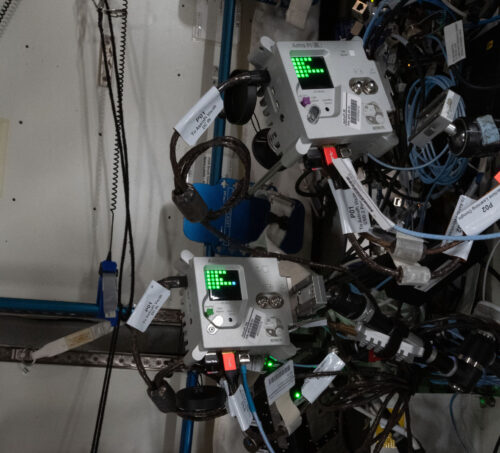
The Astro Pi Challenge is free and offers two missions for young people: Mission Zero is an inspiring activity for introducing kids to text-based programming with Python. Mission Space Lab gives teams of young people the chance to take on a more challenging programming task and stretch their coding and science skills.
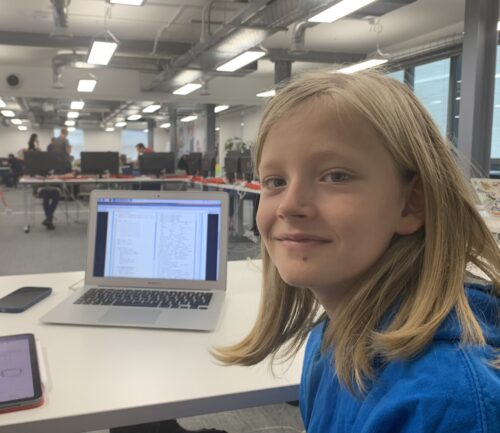
Participation in Astro Pi is open to young people up to age 19 in ESA Member States (see the Astro Pi website for eligibility details).
Astro Pi Mission Zero opens today
In Astro Pi Mission Zero, young people write a simple Python program to take a reading using a sensor on one of the ISS Astro Pi computers and display a personalised pixel art image for the astronauts on board the ISS. They can take part by themselves or as coding teams.
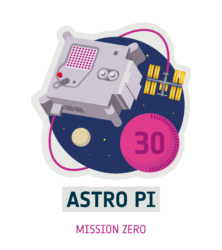
The theme for Mission Zero 2023/24 is ‘fauna and flora’: young people are invited to program pixel art images or animations of animals, plants, or fungi to display on the Astro Pi computers’ LED pixel screen and remind the astronauts aboard the ISS of Earth’s natural wonders.
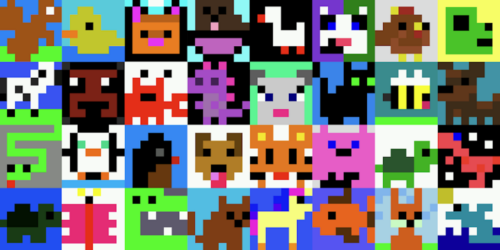
By following the guide we provide, kids can complete the Mission Zero coding activity in around one hour, for example during a school lesson or coding club session. No coding experience is needed to take part. Kids can write their code in any web browser on any computer connected to the internet, without special equipment or software.
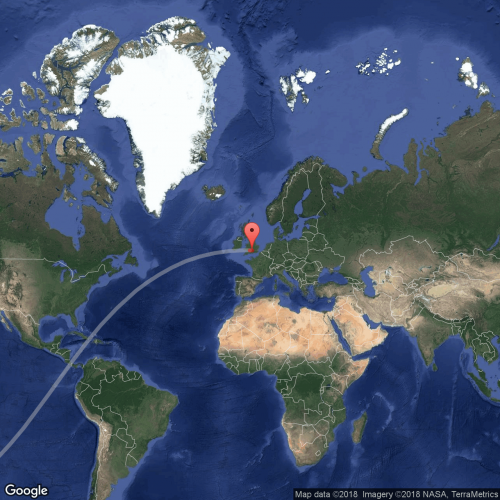
All young people that meet the eligibility criteria and follow the official Mission Zero guidelines will have their program run in space for up to 30 seconds. They will receive a unique and personalised certificate to show their coding achievement. The certificate will display the exact start and end time of their program’s run, and where the ISS was above Earth in this time period.
Mission Zero 2023/24 opens today and is open until Monday 25 March 2024. It’s very easy to support young people to get involved — find out more on the Astro Pi website:
Astro Pi Mission Space Lab will open soon
In this year’s Astro Pi Mission Space Lab, ESA astronauts are inviting teams of young people to solve a scientific task by writing a Python program.
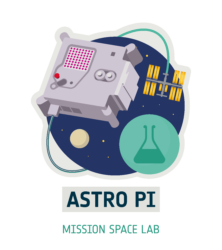
The Mission Space Lab task is to gather data with the Astro Pi computers to calculate the speed at which the ISS is travelling. This new format of the mission will allow many more young people to run their programs in space and get a taste of space science.
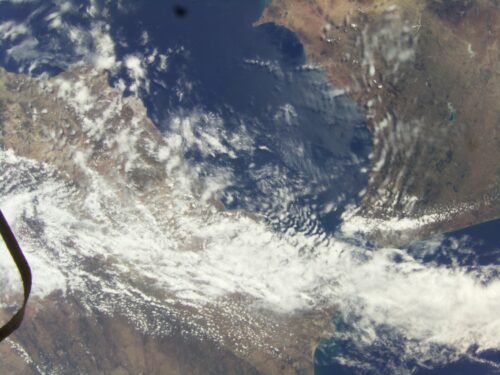
Mission Space Lab will open on 6 November. We will share more information about how young people and mentors can participate very soon.
Sign up for Astro Pi news
The European Astro Pi Challenge is an ESA Education project run in collaboration with us here at the Raspberry Pi Foundation.
You can keep up with all Astro Pi news by following the Astro Pi X account (formerly Twitter) or signing up to the newsletter at astro-pi.org.

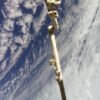
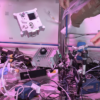

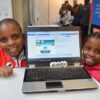
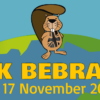
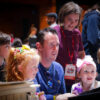
No comments